In the Mood for Poetry: Wonder
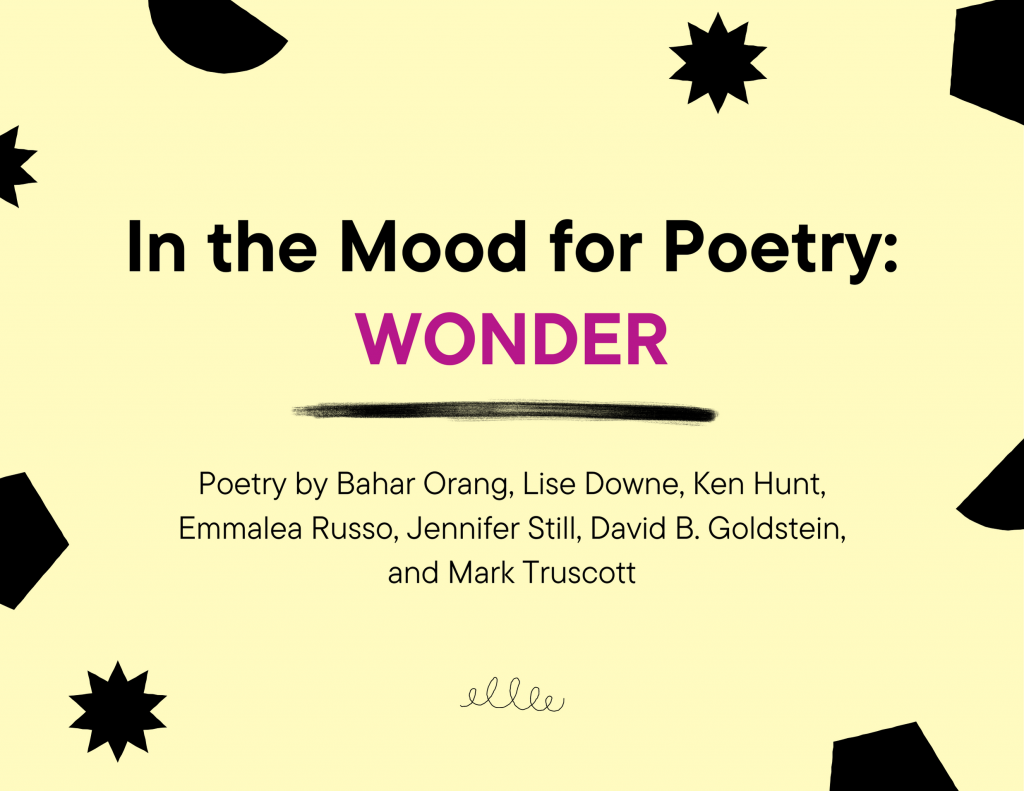
As National Poetry Month concludes, we are sharing one more In the Mood for Poetry reading list, this time, on the theme of wonder.
Poetry, at its best, is a kind of encounter. As these poets meet the world with openness and receptivity, it begins to unfold in all its many qualities. The following collections (encounters) attend to subjects that range from beauty, to lost objects, to the unconscious, to the cosmos, to the minutiae of daily life, honouring all that is wonderful and wonder-filled in life.

Where Things Touch: A Meditation on Beauty by Bahar Orang
Part lyric essay, part prose poetry, Where Things Touch: A Meditation on Beauty grapples with the manifold meanings and possibilities of beauty. Drawing on her experiences as a physician-in-training, Orang considers clinical encounters and how they relate to the concept of beauty. Such considerations lead her to questions about intimacy, queerness, home, memory, love, and other aspects of human experience. “A strikingly lyric thoughtful new voice, Orang writes with the knowledge that feeling is intelligence and thought is sensory,” writes Gary Barwin, Scotiabank Giller Prize-shortlisted author of Yiddish for Pirates.
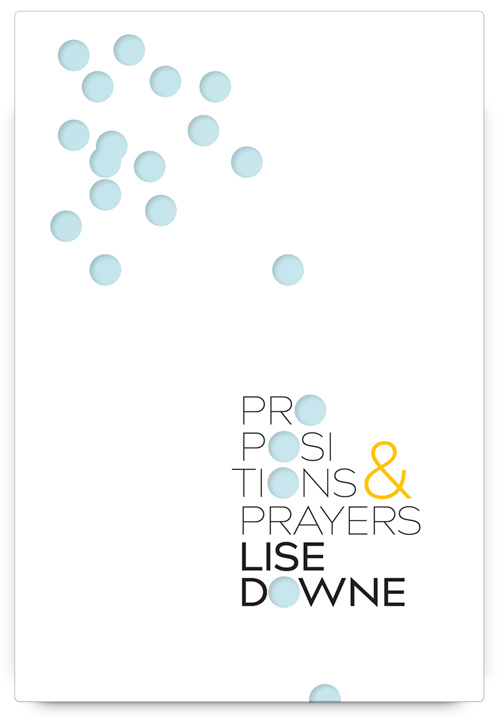
Propositions and Prayers by Lise Downe
Propositions and Prayers is a collection in two parts: “Propositions” is a series of short poems-as-possibilities, structured by the compression of images and voices to convey an urgency through degrees of incoherence; “Prayers” explores living and language as acts of devotion. It beautifully portrays humanity’s myriad complexities: our various moods and observations, the unpredictable trajectories of our lives—uncertainty, wonder, and surprise, all. “Downe’s poetry [is] refreshing for its lack of emphasis on the performative and its profound trust in the self’s and the world’s mutual unfolding,” writes Mark Truscott, author of Branches, “What a beautiful book.”
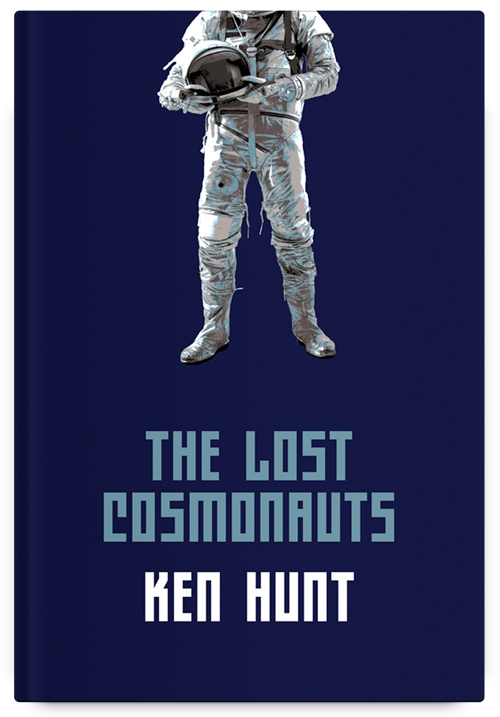
The Lost Cosmonauts by Ken Hunt
This wide-ranging collection of poems looks deep into the largely unexplored cosmos for experiences of the sublime, not only in celestial bodies and mythical figures among the stars, but also in those astronauts and cosmonauts who dared to explore them. “In concept, ambition and technique, The Lost Cosmonauts is absolutely stunning in every way. Delivering beautiful and engrossing poems on a weighty subject with a light touch, Hunt’s lines “(shatter) our atmosphere in fugues of grinding fire,” Jonathan Ball, author of The Lightning of Possible Storms, writes for the Winnipeg Free Press.
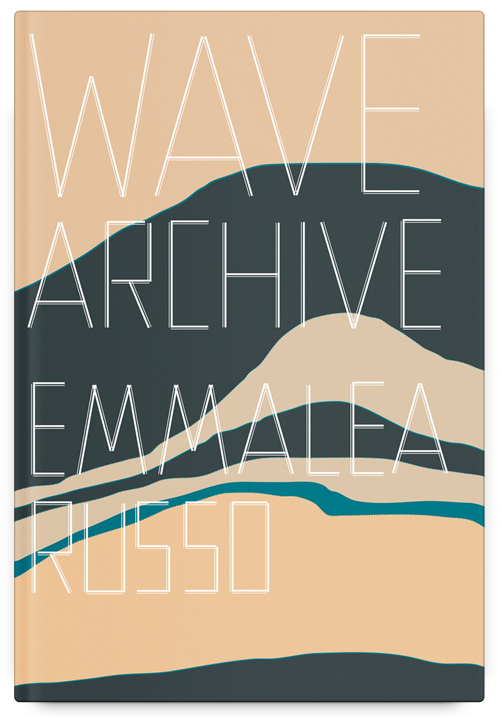
Wave Archive by Emmalea Russo
Emmalea Russo’s Wave Archive moves between essay and poetry while also pondering the mind-body connection and the unreliability of thought patterns and histories. Here, Russo invokes her own experiences with seizures, photographs and art-making, archival and indexical processes, brain waves, and the very personal need to document and store while simultaneously questioning the reliability of memory and language. “Wave Archive seeks to articulate the incomprehensible, invisible processes of epilepsy, of art-making, of how we categorize the world, suggesting these forces are connected in dazzling ways we’ve yet to comprehend,” writes Kate Durbin, author of Hoarders and E! Entertainment.
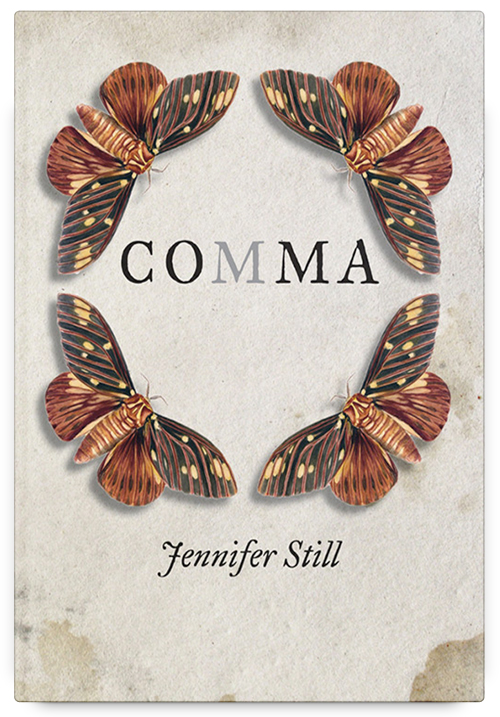
Comma by Jennifer Still
Between 2008 and 2014, while her brother was in a lengthy coma, award-winning poet Jennifer Still engaged in a private collaboration with the art and wonder that was his handwritten field guide of prairie grasses. The result: the stunning works of poetry and imagery encapsulated in Comma. “Comma is a living, breathing field guide to the unconscious—Still’s poems flicker and leap from the page. This collection is an immersive, tactile wonder, a compassionate, steadfast companion: a truly remarkable exploration by a truly remarkable artist,” writes Christine Fellows, singer/songwriter/poet and author of Burning Daylight.
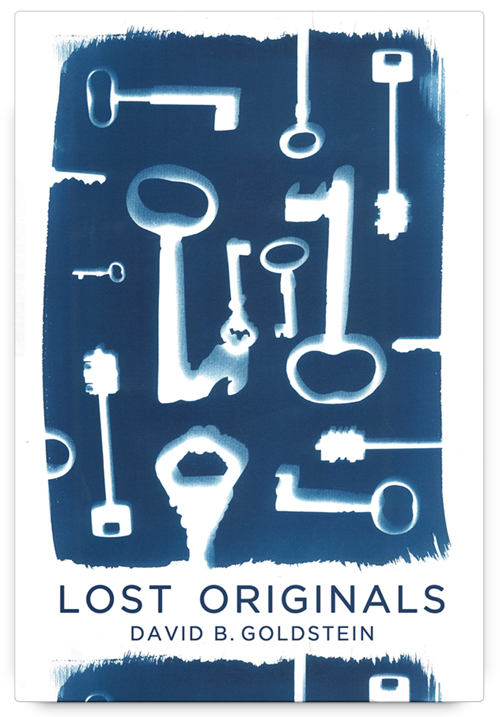
Lost Originals by David B. Goldstein
Starting from the notion that every act of speaking is a translation between worlds, writer, scholar, and critic David B. Goldstein’s Lost Originals comprises a collection of elegies for a series of “lost originals”—objects, images, and experiences. The book’s encounters with a menagerie of items. . . yield a myriad of voices. . . uncovering a surprising beauty in language normally viewed as impenetrable or utilitarian. “This collection animates artifacts into language, dissolving the boundary between invitation and threat: ‘soon you too will be opened / by the unmouthed key of my voice.’ Lost Originals will pluck the splinters from the palm of your voice. Let it.” writes Julia Cohen, author of I Was Not Born, Collateral Light, and Triggermoon Triggermoon.
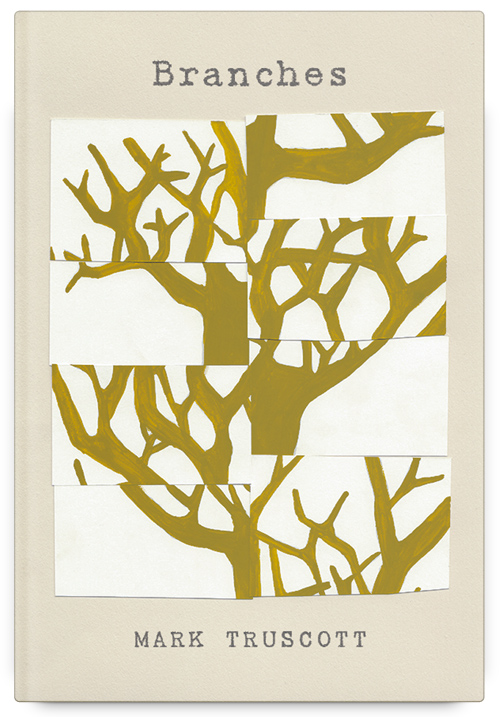
Branches by Mark Truscott
“Mark Truscott’s Branches is a unique and assured meditative work, at once ancient and wholly contemporary, a space where Stevens, Ashbery, and Basho might mingle and discover some as-yet unnoticed path,” writes Jeff Latosik, author of Dreampad. The sound of the vacuum cleaner in the next room is noise to be ignored. The phrase that arises in mind belongs to a conversation earlier in the day. Clear thinking demands that these navigations remain unconscious. But what if they’re meaningful, or productive, in themselves? What if they’re necessary to help us find a more meaningful place in the world? Branches explores these questions.

